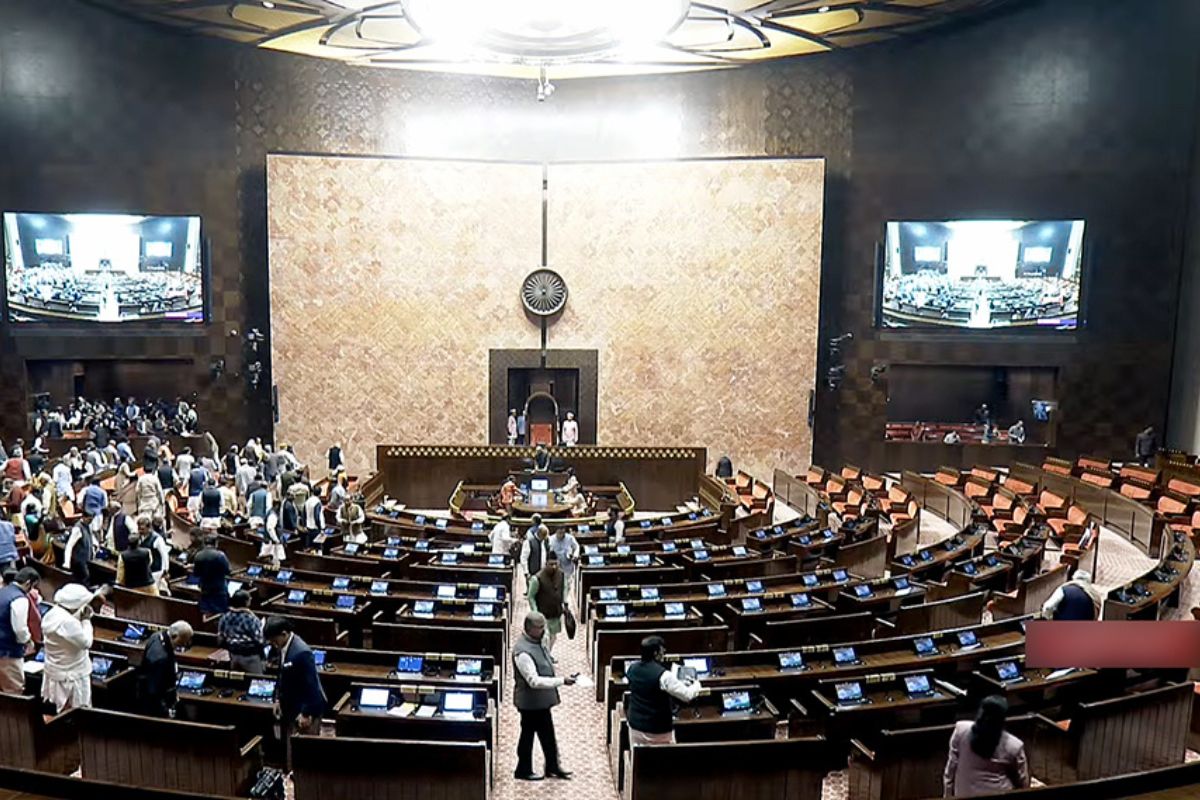The Bharatiya Nyaya (Second) Sanhita, 2023, the Bharatiya Nagarik Suraksha (Second) Sanhita, 2023 and the Bharatiya Sakshya (Second) Bill, 2023, the three Bills to replace the existing Indian Penal Code, the Criminal Procedure Code and the Indian Evidence Act, on Thursday received Parliamentary approval after being passed by the Rajya Sabha.
Chairman Jagdeep Dhankhar adjourned the Rajya Sabha sine die, giving a short summary of the Winter Session, after the passage of the three Bills.
Advertisement
The three Bills were already passed by the Lok Sabha. Home Minister Amit Shah told the Upper House that the new laws will be victim-centric and give time-bound justice. Terrorism has been defined for the first time. Trials in absentia will be allowed when criminals abscond after heinous crimes.
The Raj-droha clause, which was used for years since the British rule for crime against government, has been deleted, but those who work against Bharat’s unity, sovereignty and integrity will be held accountable, and charged with Desh-Droha (crime against nation).
The Home Minister said the system of “tareekh pe tareekh” will not continue and justice will be expedited, with time-limits fixed for all, police, lawyers and courts. Chargesheets will need to be filed in 90 days and plea bargaining will be filed in 30 days only. India will have the most modern criminal justice system, created by Indians for Indians, the Home Minister said.
Mr Shah said there were wide consultations on the Bills. The whole system will be digitally linked. National data banks will be integrated, along with data on economic crimes, terrorist cases, and human trafficking cases.
“These are victim-centric laws, to give him justice and respect his honour,” he said. Crimes against women and children have been advanced in the list of crimes in the new law. Those who take victims of an accident to hospital will be treated differently, other than those who run away after hit and run.
Organised gangs and multi-State gangs will be tackled, he said. First time crime will be treated differently; there will be scope for community service; justice will be cheaper, and a director of prosecution will be there for every district.
The Narendra Modi government has enacted laws to end laws passed by the British Parliament, Mr Shah said, and only those wearing “Italian” glasses will not be able to see the changes in the new laws. Provisions have been deleted and modified. Mob lynching has been specified; 21 new crimes have been added and punishment increased in several existing crimes.
Forensic science will be applied easily with the availability of freshly trained manpower, the Home Minister said. Many escape punishment due to insufficiency of evidence. Forensic inputs will not allow this in future.
Cases against Government officials will proceed in 120 days, even if there is no consent by the concerned departments. Those who serve substantial terms in jails will get allowance in bails. There will be attachment of property of criminals. Case property vehicles with police stations will be disposed of.
Government steps have brought down incidents of terrorism by 63 per cent in the North East and Kashmir, he said. The Government has fulfilled its promises; on 22 January, there will be pran-pratishtha of the Ram temple in Ayodhya; 33 per cent quota for women has been given already.









